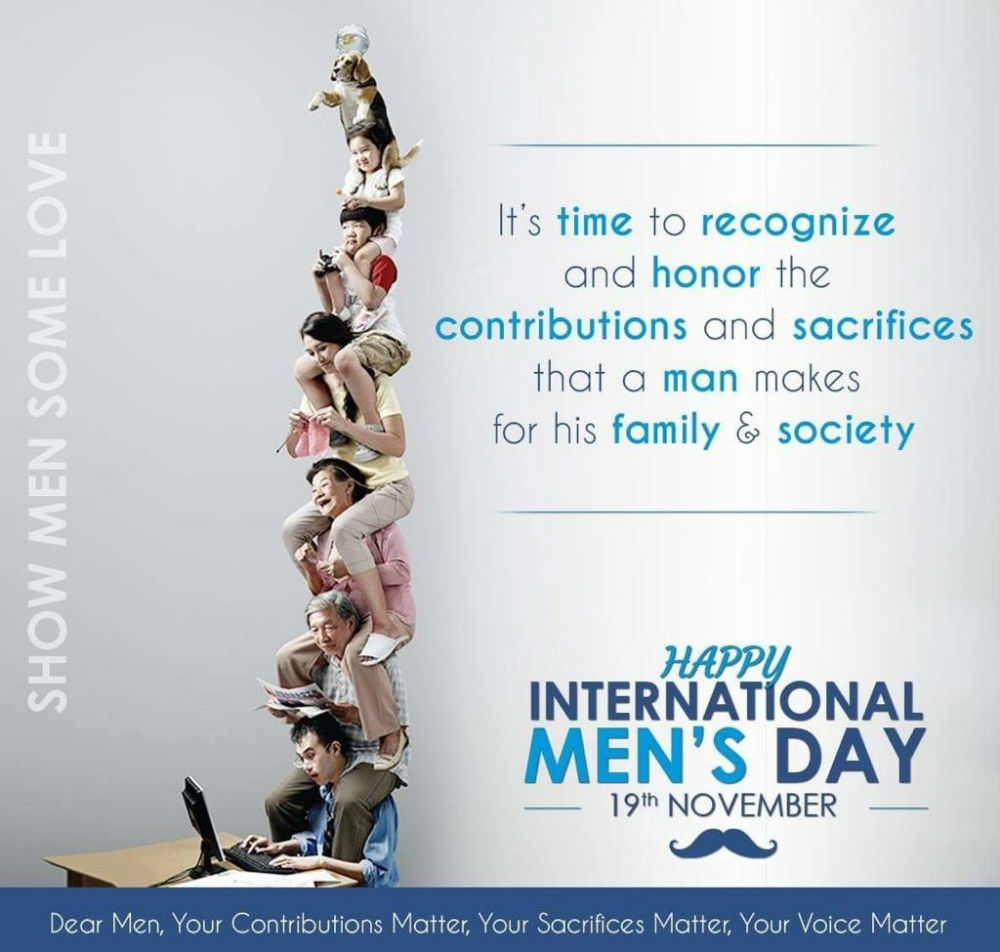In early 2025, the United States is facing a concerning resurgence of a disease once declared eradicated — measles. Recent reports indicate that outbreaks have occurred across several southwestern states, including Texas and Arizona, with approximately 1,288 confirmed cases and at least three fatalities. The majority of these cases have been traced to communities with low vaccination rates, particularly among children and unvaccinated individuals.

This alarming resurgence of measles is more than a regional health concern; it reflects a broader societal challenge — the growing vaccine hesitancy movement and the erosion of public trust in medical science. In 2000, the Centers for Disease Control and Prevention (CDC) officially declared measles eliminated in the United States. However, declining vaccination rates over the past decade, fueled by misinformation and social media echo chambers, have undermined that achievement.
The Return of a Preventable Disease
Measles is one of the most contagious viruses known to humans. It spreads through respiratory droplets and can linger in the air for up to two hours after an infected person has left an area. Before the introduction of the measles vaccine in 1963, the disease infected millions of Americans annually and caused hundreds of deaths. Thanks to decades of vaccination efforts, cases dropped dramatically — until now.
According to recent CDC data, national vaccination coverage for the MMR (measles, mumps, and rubella) vaccine has fallen from over 94% in 2019 to around 89% in 2024 — below the threshold needed for herd immunity. The COVID-19 pandemic also disrupted routine immunizations, further contributing to the decline.
| Year | MMR Vaccination Coverage (%) | Reported Measles Cases |
|---|---|---|
| 2019 | 94.3 | 1,282 |
| 2021 | 91.5 | 375 |
| 2023 | 89.7 | 1,020 |
| 2025* | 89.0 | 1,288 |
| *Projected | — | — |
Why Vaccine Hesitancy Matters
The spread of vaccine hesitancy is a complex social phenomenon. Surveys by the Kaiser Family Foundation reveal that roughly 28% of U.S. parents have delayed or refused at least one recommended vaccine for their children. The reasons vary — from mistrust of pharmaceutical companies and government agencies to fears of side effects and misinformation spread through online platforms.
Unfortunately, these individual choices have collective consequences. Measles outbreaks place enormous strain on public health systems, increase hospitalizations, and threaten vulnerable populations — infants, pregnant women, and immunocompromised individuals — who rely on herd immunity for protection.
Lessons from the Outbreak
This outbreak underscores a vital truth: technological innovation cannot replace basic public health infrastructure. While AI-driven healthcare tools, telemedicine, and digital diagnostics dominate headlines, they cannot substitute for community-level prevention — vaccines, hygiene education, and early disease surveillance.
Public health experts are now calling for renewed investment in vaccination campaigns, community outreach, and transparent communication. Rebuilding trust requires addressing fears directly, not dismissing them. Local health departments in Texas and Arizona have already begun school-based immunization drives and are leveraging trusted community leaders to counter misinformation.

A Public Health Wake-Up Call
The 2025 measles outbreak serves as a stark reminder that the success of modern medicine depends on public participation. The measles vaccine is safe, effective, and widely available — yet without public trust and collective action, preventable diseases can once again threaten American lives.
As the U.S. continues to advance technologically, the foundation of public health must remain strong. Vaccination is not merely a personal choice; it is a civic responsibility. The lessons of this outbreak should inspire policymakers, healthcare professionals, and citizens alike to reinforce the simple truth: prevention saves lives.


